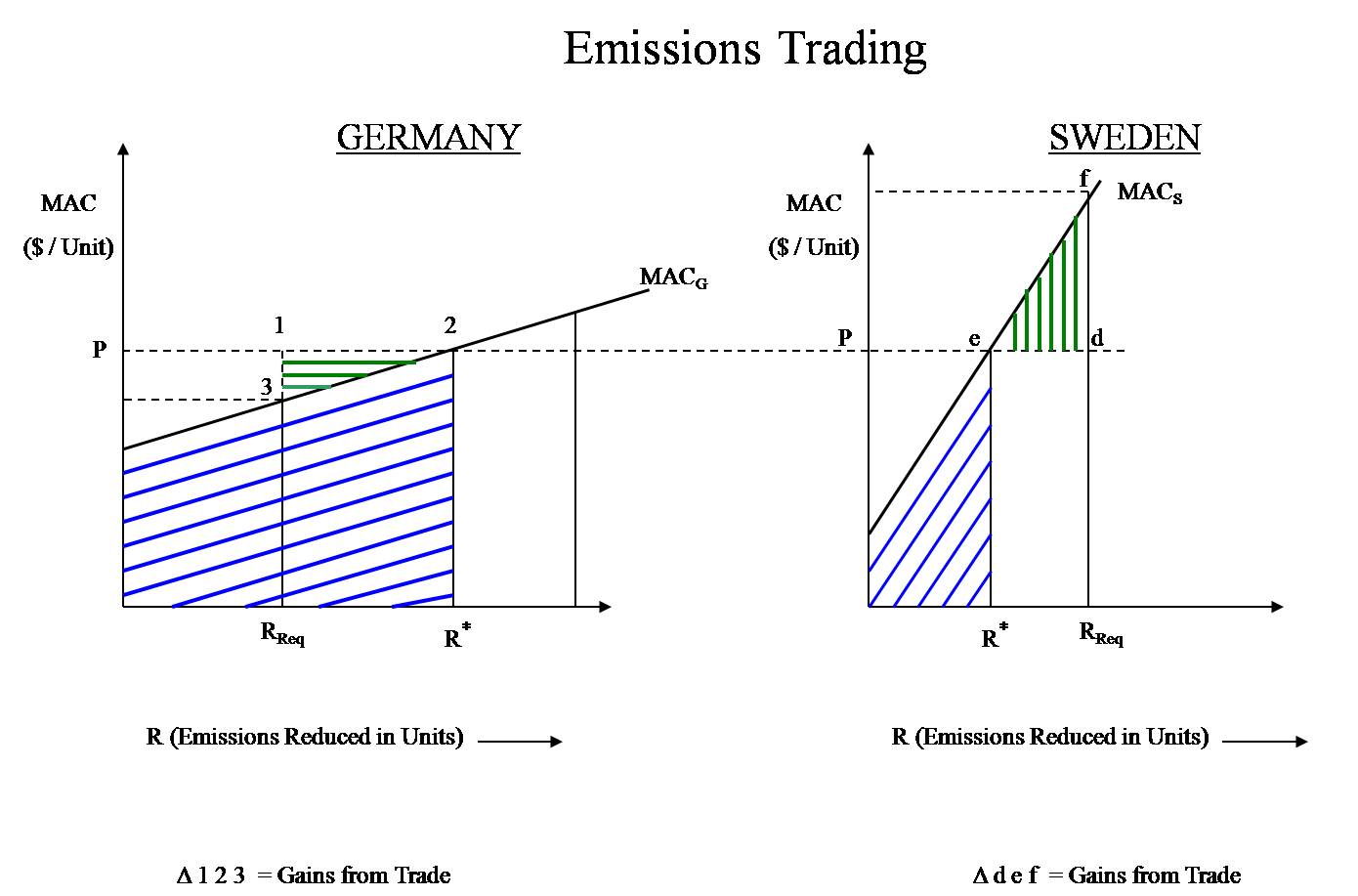
A carbon duty could well be specially hard for you to implement in the Gulf, because a lot of international locations grab hold of some sort of national plan with little or "zero" taxation. Therefore, methods in which incorporate an ecological (e.g., carbon) tax system (such because with 1999, while Germany made use of a feed-in tariff system) usually are incompatible together with Gulf policies. Moreover, carbon taxes have been broadly criticized to the grounds how the the environmental outcome--i.e., overall mitigation of carbon dioxide emissions--is possibly not assured.
However, one particular constructive point for your confidential industry is actually that, on the other hand to a CaT system, some sort of well-crafted taxation scheme eliminates high of the particular bias along with vagaries that internet business in general despises. The emitter is not going to really need to hedge towards prospective volatility because amount of your tax vulnerability can usually always be believed beforehand. A singular benefit for a uniform carbon taxes rate is that, whenever placed when an fundamentally volatile market, the government will keep the burden of your volatility by means of misplaced revenue. And that the levy is definitely applied fairly, governments will not be prepared to pick industrial "winners as well as losers."
Nonetheless, this Gulf is a unique region, just since it consists of massive hydrocarbon reserves in addition to couple of other healthy resources. Therefore, the earlier mentioned rewards plus negatives have on the particular salience whenever reviewed from the Gulf context. GCC reports are usually ordinarily specified seeing that "rentier states" states which in turn derive all, and also a substantial portion, of the nationwide revenues in the exportation with domestic resources in order to exterior clients, i.e., foreign oil companies. For instance, Hertog sounds which the Gulf states "derive all or maybe a substantial piece of the country wide profits from the rent connected with indigenous means to be able to alternative clients."
Nevertheless, small taxation, a strong abundance of low-cost energy and electricity supplies, extremely low-cost dangerous work as well as a new not enough stringent topographical polices create GCC locations an attractive desired destination to get Western companies migrating from produced jurisdictions. As some sort of consequence, every year your GCC welcomes the entrance associated with innovative energy-intensive industries, particularly those needed for aluminum, metallic in addition to cement, as well as the value-added petrochemical sector.
If this GCC states attempted for you to impose carbon dioxide taxes, they might incur extremely high political and economic costs. The energy-intensive industries tend to be an exceptionally powerful as well as influential lobby while in the Gulf, and they kind an important part of the actual national systems the fact that authorities rely when to institute fiscal diversification from the simply primary product or service export, i.e., unrefined oil along with gas. The imposition regarding virtually any country wide carbon mitigation structure increases your costs with energy--often on the stop user--by pumping businesses to internalize the price of carbon. If that GCC were being to institute a carbon dioxide tax, the actual national governments could many likely nullify its impact through soon exempting most energy-intensive industries.
In this particular political as well as economic milieu, some sort of carbon taxes may not always be your Gulf's effective carbon mitigation tool.
No comments:
Post a Comment